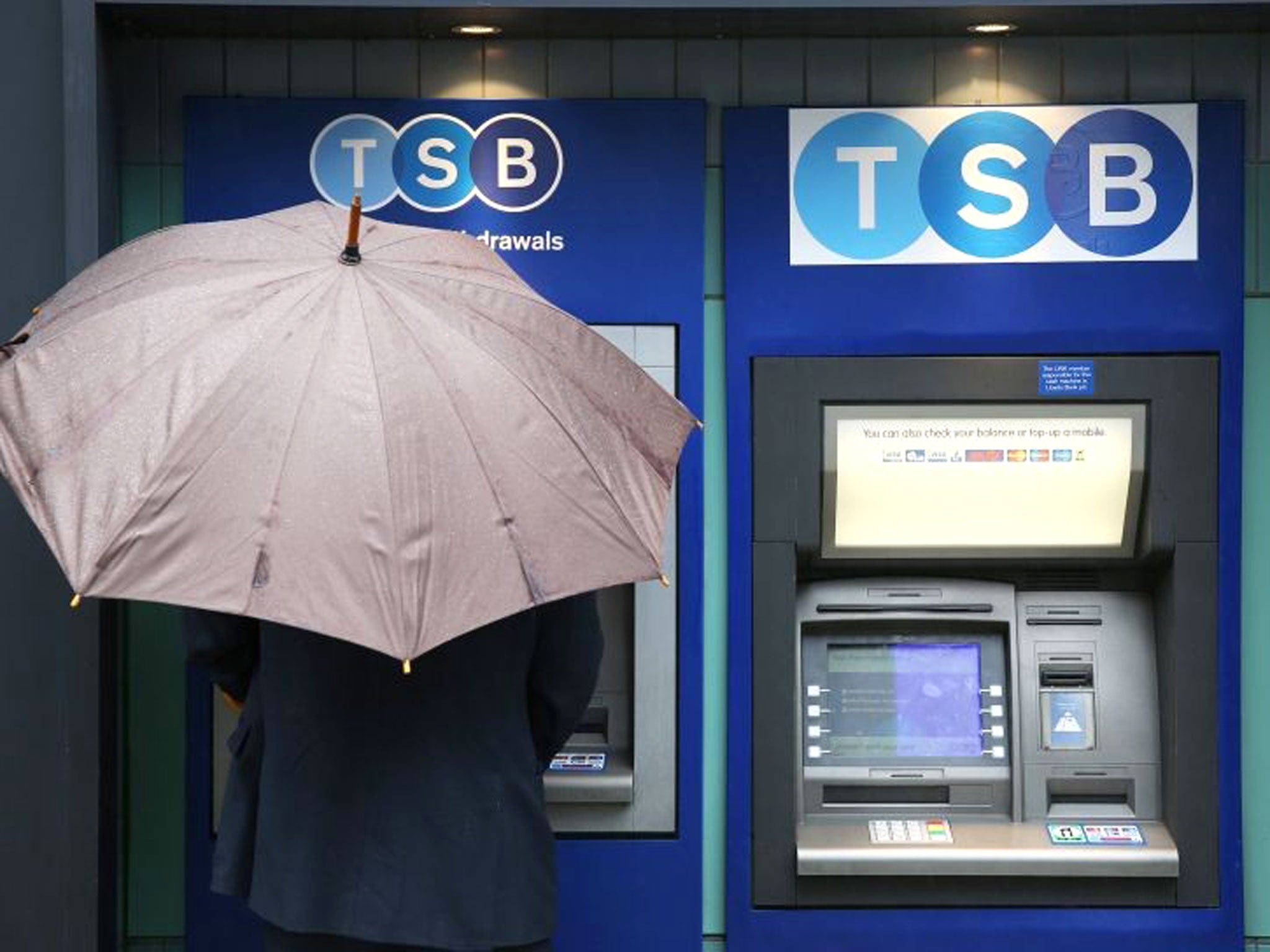Personal savings allowance will deliver insignificant benefits to consumers
The PSA will allow savers to receive up to £1,000 a year of their interest free of tax but was little more than a pre-election gesture from a Government that has continuously protected borrowers at the expense of savers, says Andrew Hagger

A new government initiative to encourage savers starts on 6 April with the introduction of the personal savings allowance (PSA) – but it is in danger of being little more than a damp squib.
The PSA – which applies to all non-Isa cash savings, peer-to-peer and current accounts – will allow savers to receive up to £1,000 a year of their interest free of tax. At the moment, all bank and building society interest is paid net – after 20 per cent has been deducted (apart from Isas).
But in reality the PSA, announced in last year’s Budget, was little more than a pre-election gesture from a Government that has continuously protected borrowers at the expense of savers –while the slump in interest rates means that PSA will deliver insignificant benefits to consumers – particularly those who keep their nest egg with one of the big banks.
While an estimated 17 million people will no longer have tax deducted from all or most of their savings interest, it’s not going to be the game-changer some suggest.
Those on lower incomes, and pensioners, will benefit the most. But unless people move their cash from the uncompetitive savings accounts on offer among banking’s big guns, the PSA could be a washout.
The Chancellor claims that he wants to build the economy on savings; it’s just a shame this new initiative coincides with banks and building societies showing very little appetite for savings balances – and as a result, rates are low.
However, had rates been higher, I’m not sure George Osborne would have felt the need to introduce his pre-election sweetener.
The amount of tax-free interest to which people will be entitled under the PSA will be based on their annual taxable income, as follows.
For those earning less than £42,700 – basic-rate taxpayers – there will be no tax on the first £1,000 of savings interest earned each year.
For people in the higher-rate tax bracket (earning between £42,701 and £150,000), the tax-free limit has been set at a lower threshold of £500.
Those in the 45 per cent tax band – earning above £150,001 – are currently not entitled to the allowance.
I’m hoping the PSA will act as a wake-up call to savers to move their cash and seek a better return.
Say someone has a £5,000 balance in a one-year fixed-rate bond with HSBC or NatWest, their rate of return is currently only 0.9 per cent; with Lloyds, it’s just 0.75 per cent.
That 0.9 per cent will generate £45 a year in interest, while at 0.75 per cent that £5,000 will earn a mere £37.50.
So consider more generous alternatives. For example, a TSB current account offering 5 per cent on your first £2,000 will generate £100 a year, plus you have instant access to your funds. Similarly, £3,000 in a Tesco Bank current account will let you pocket £90 a year.
Another option to consider is the established peer-to-peer providers. This week RateSetter was offering 3.5 per cent on its 30-day account and 3.8 per cent for a one-year bond, plus a £100 bonus for new accounts with a deposit of £1,000 or more.
The PSA will put more of your savings interest in your pocket – but if you want a real financial benefit, it’s down to you to find a better home for your nest-egg.
Andrew Hagger is an independent personal finance analyst from www.moneycomms.co.uk
Join our commenting forum
Join thought-provoking conversations, follow other Independent readers and see their replies
Comments
Bookmark popover
Removed from bookmarks